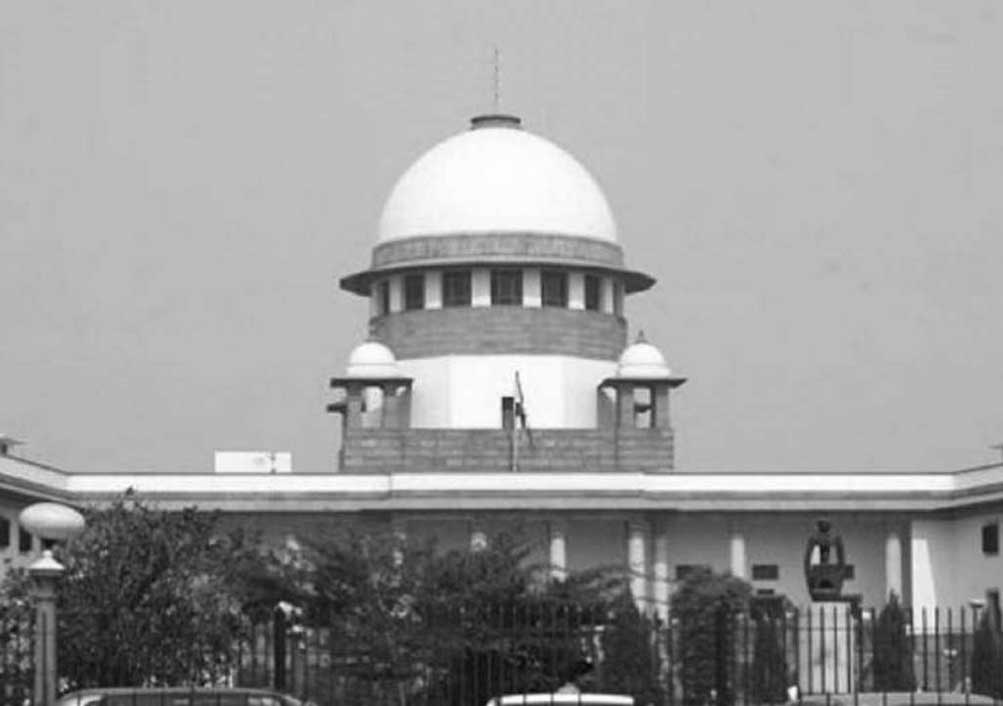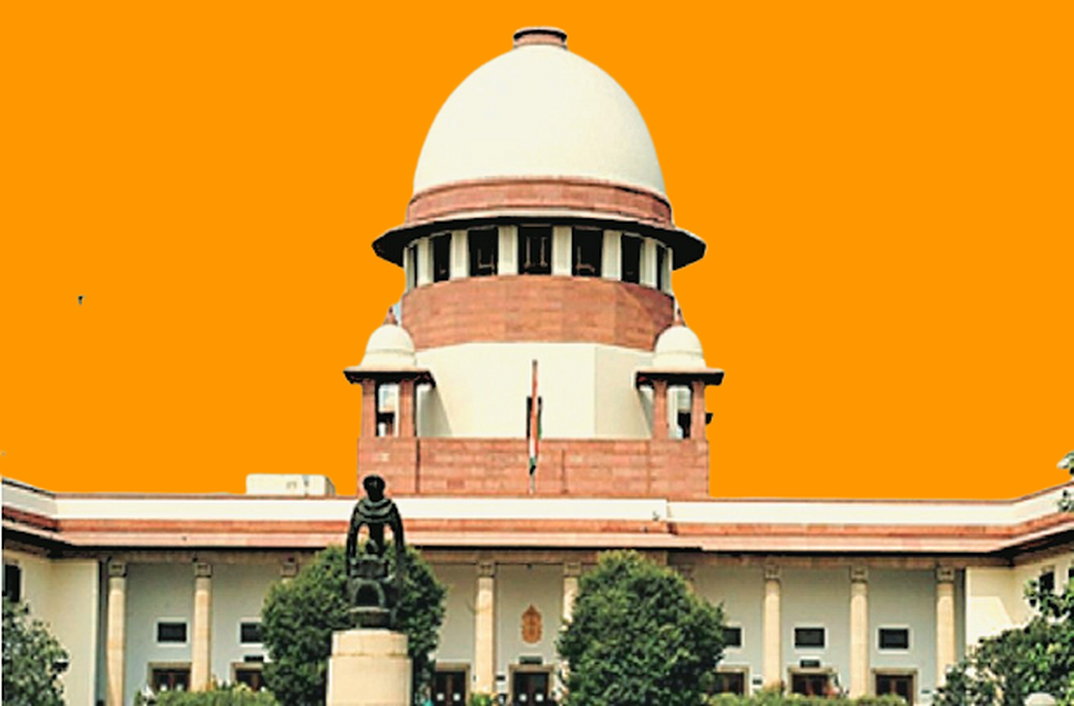Recording of telephonic conversation of wife without her knowledge, is clear cut infringement of her privacy: Punjab & Haryana High Court

Read Order: Neha vs. Vibhor Garg
Tulip Kanth
Chandigarh, December 13, 2021: The Punjab and Haryana High Court has observed that acceptance of the CD by the Family Court allegedly containing conversations between the husband and wife recorded surreptitiously, without the consent or knowledge of the wife would be unjustified.
The Bench of Justice Lisa Gill opined that acceptance of the CD in question shall amount to a clear breach of fundamental right of the petitioner-wife i.e., her right to privacy.
The petition in question, had been filed by the petitioner (wife) arrayed as respondent in the petition under Section 13 of the Hindu Marriage Act, 1955 filed by the husband before the District judge, Panchkula, challenging the order passed by the Principal Judge/Family Court, Bathinda, whereby the husband had been allowed to prove the Compact Disc (CD) pertaining to conversation between him and the wife subject to the condition of its correctness.
The husband, had also filed a petition, seeking direction to the Family Court to expedite proceedings in the petition under Section 13 in a time bound manner.
Brief facts of the matter were that the petition under Section 13 of the Act was filed by the
respondent-husband seeking divorce on various grounds. Marriage between the parties was solemnized in the year 2009 and a daughter was born out of the wedlock. Later, a petition seeking divorce was filed in the year 2017. An amended petition was filed on April 3,2018.
When the matter was listed for cross-examination, an application was moved by the husband on July 9,2019 seeking permission to submit his supplementary affidavit by way of examination-in-chief along with CD and transcriptions of conversations so recorded in the memory cards/chips of the respective mobile phones. This Application was allowed by the Family Court by the impugned order dated January 29,2020 while observing that the husband was allowed to prove the CD pertaining to the conversations between him and his wife subject to the condition of correctness and that strict principles of evidence were not applicable to the proceedings before the Family Court keeping in view Section 14 and 20 of the Family Court Act.
The counsel for the petitioner argued that the said CD’s were a clear cut infringement and downright invasion of the wife’s privacy, thus a violation of Article 21 of the Constitution of India, as the conversations had been recorded without knowledge, what to say of consent of the petitioner.
Referring to the judgment of the Supreme Court in the case of People’s Union for Civil Liberties Vs. Union of India, the Bench opined that recording of telephonic conversation of the wife without her knowledge, is a clear cut infringement of her privacy.
The Bench went on to add that it cannot be said that as the Family Court is not bound by strict rules of evidence, it is at liberty to accept the CD in evidence which is a clear cut infringement of the right of privacy of the wife.
Highlighting that the acceptance of the CD by the Family Court allegedly containing conversations between the husband and wife recorded surreptitiously without the consent or knowledge of the wife and allowing the husband’s application was unjustified, the Bench allowed the petition filed by the wife and directed the Family Court to take steps for expeditious disposal of the petition filed under Section 13, preferably within six months.
Sign up for our weekly newsletter to stay up to date on our product, events featured blog, special offer and all of the exciting things that take place here at Legitquest.




Add a Comment